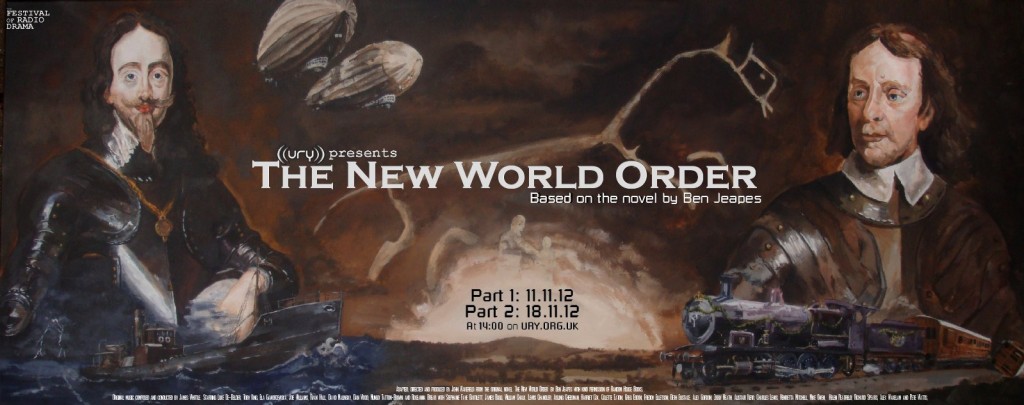Thoroughly enjoyed myself last Saturday at BristolCon, which is now its fourth year and therefore an established tradition of fandom. Bristol is an excitingly science fictional kind of place (see here if you don’t believe me) and full of surprises. Like, I hadn’t expected to be the opening and closing act.
Okay, that might overstate my role – but I was on the first panel of programme 1 and the last of programme 2. The opening number was a discussion on “Colonising the Solar System”, with Michael Dollin, Aliette de Bodard and Dev Agarwal and moderated by Guy Haley: could it happen? Would it be economic? Would we actually want to live in a Martian colony? And so on. That last question of course needed some clarification. Would I want to live in a small capsule buried beneath the Martian topsoil to escape the radiation? Not really. Would I want to live in a Robinson-style town-sized community inside a domed crater dome with full access to the natural wonders of Mars? Hell, yes!
For the closing act, I moderated a panel of Dolly Garland, Joanne Hall, Jonathan L Howard and Leigh Kennedy on “Nano or Nono – How to survive a writing challenge” – mostly discussing NanoWriMo, which three of the panellists had assayed but Leigh and I had not. We could all talk knowledgeably about the art and discipline of writing, though, and I think we gave value for money. Favourite anecdote: Jonathan L Howard on how Dennis Wheatley once met a tax demand by retreating to the library (his personal one, of course) with nothing but a box of cigars, a crate of champagne and a typewriter, and banging out yet another occultic potboiler. At the words “library”, “champagne” and “cigars” alternative suggestions for how he might have met the tax demand did begin to come to mind, but I suppose the life of a wealthy gentleman writer must be a hard one.
As the very closing act, immediately after that panel I gave a reading from Phoenicia’s Worlds to an audience of five, three of whom I didn’t even know. Needless to say I was plugging my forthcoming publication at every available opportunity. And on that sort of subject it was good finally to meet Colin Tate of Clarion Publishing who will be re-publishing His Majesty’s Starship and Jeapes Japes next year. Cover designs! Oh my! (Pictures will follow when available …)
And in between all that, a very busy, involving and rewarding programme of Lots of Other Stuff, including Guest of Honour interviews with Gareth L. Powell and John Meaney. But the most enjoyable egobootistical moment was derailing a kaffeeklatsch with Philip Reeve and Moira Young. The sequence of events in the first five minutes went roughly:
- Philip opens his mouth to speak.
- Fan 1: Are you the Ben Jeapes who wrote His Majesty’s Starship?
- Fan 2: Oh, I really loved that! Will you sing my copy? [Produces it]
- Fan 3: I really liked The New World Order.
- Me: [having signed copy and absorbed praise] … a-a-a-nd back to you, Philip …
Lunch was a baked potato with tuna and salad and homemade drizzle cake in the Arc Cafe beneath St Mary Redcliffe, which I mention only because it deserves the publicity and I’ve never had a meal in a church undercroft before. Bristol is truly full of surprises and I look forward to going back next year.

